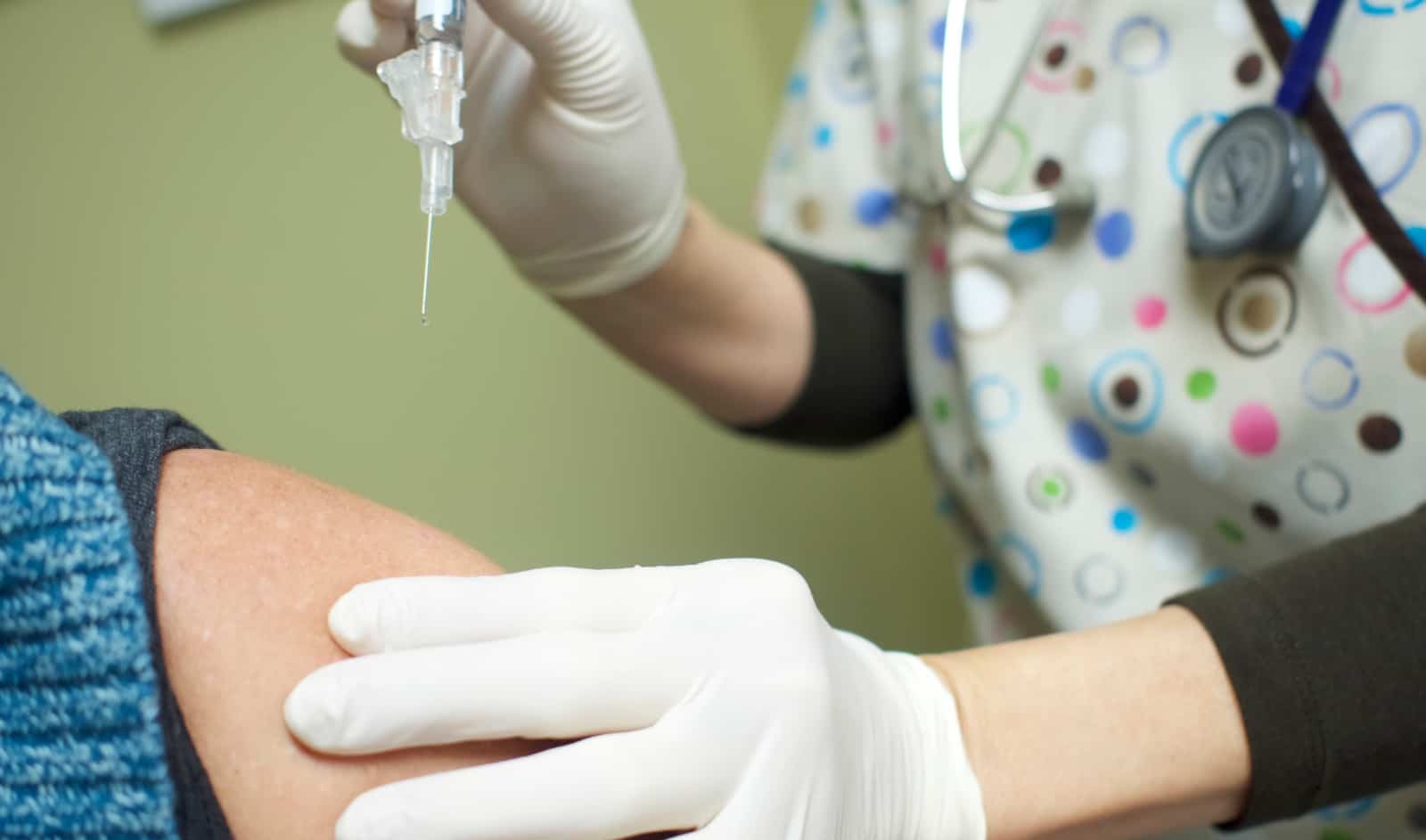
Why is it so important to get your vaccination if you’re pregnant or planning to become pregnant?
Vaccine hesitancy is a concerning growing trend, and one based on zero scientific evidence. Yet many are still reluctant to get vaccinated.

Vaccine hesitancy is a concerning growing trend, and one based on zero scientific evidence. Yet many are still reluctant to get vaccinated.
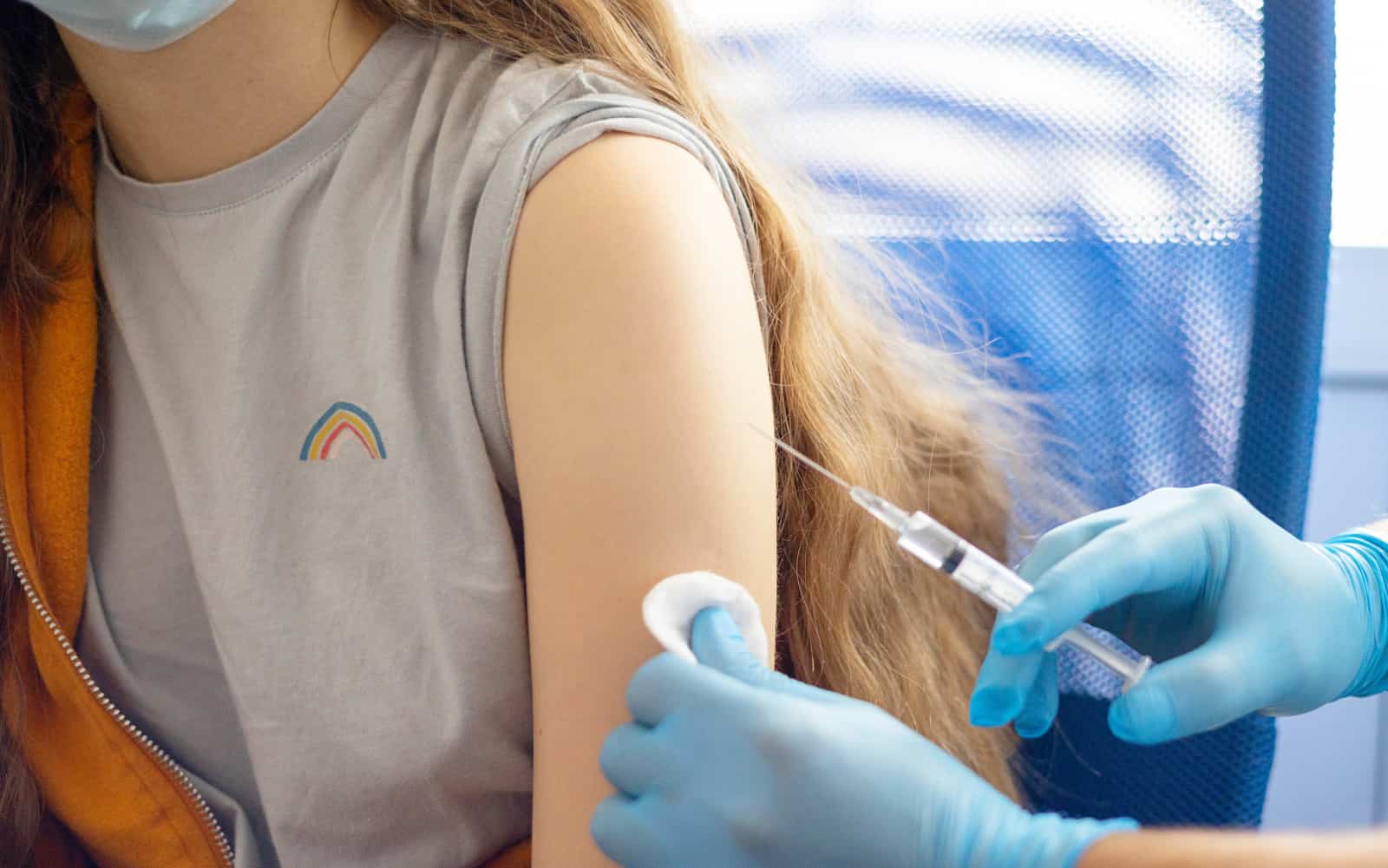
Misinformation on social media has left women anxious and doubtful about COVID vaccines. However these vaccines won’t cause infertility.

Like with Mother’s Day, Father’s Day can bring up a wide range of emotions for couples and the way that it deeply

The team at Fertility First is taking appropriate measures in line with advice from NSW Health to ensure the safety of our
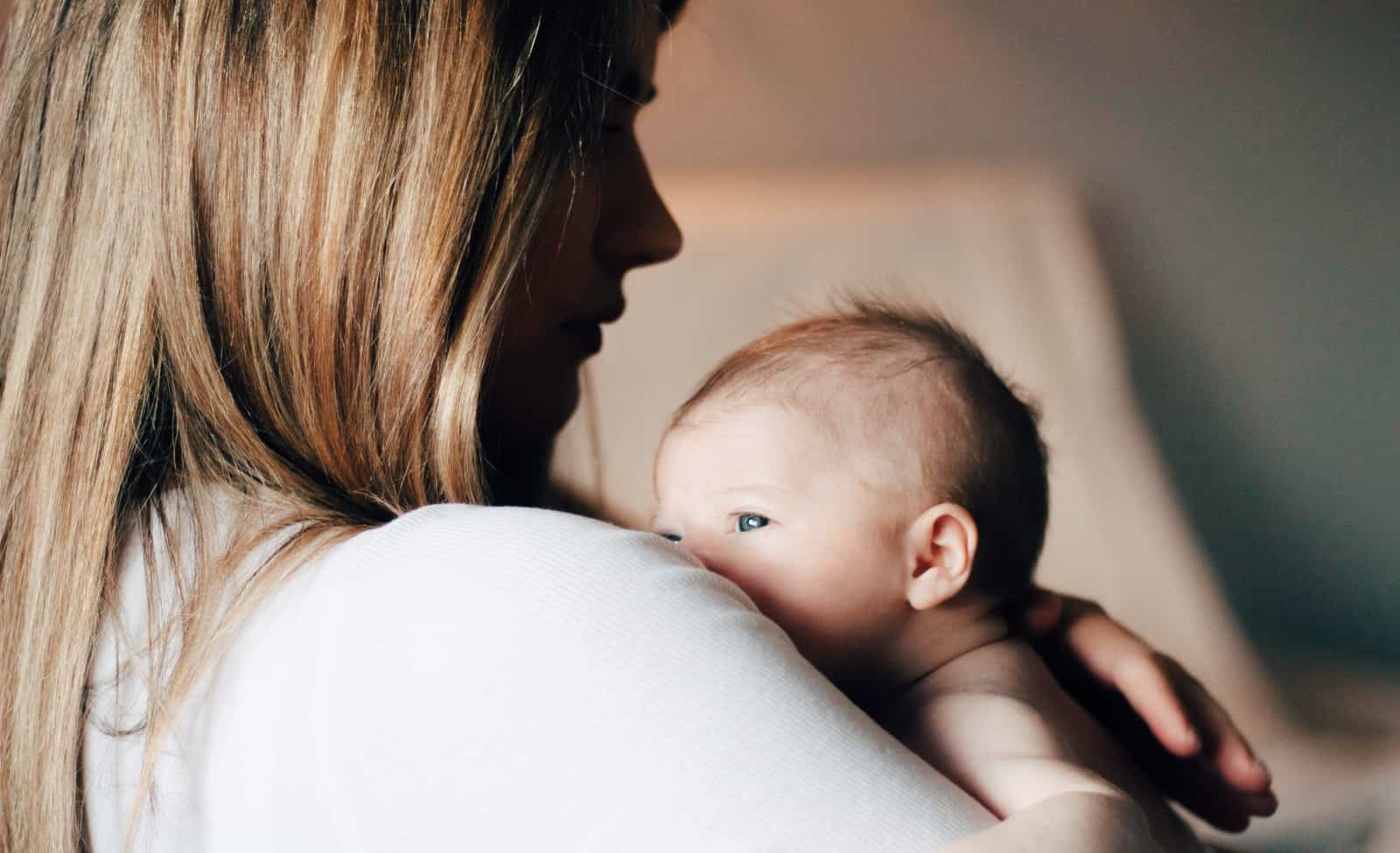
Travelling overseas may be put on hold, but you can have your donor eggs transported to Australia without leaving the country.
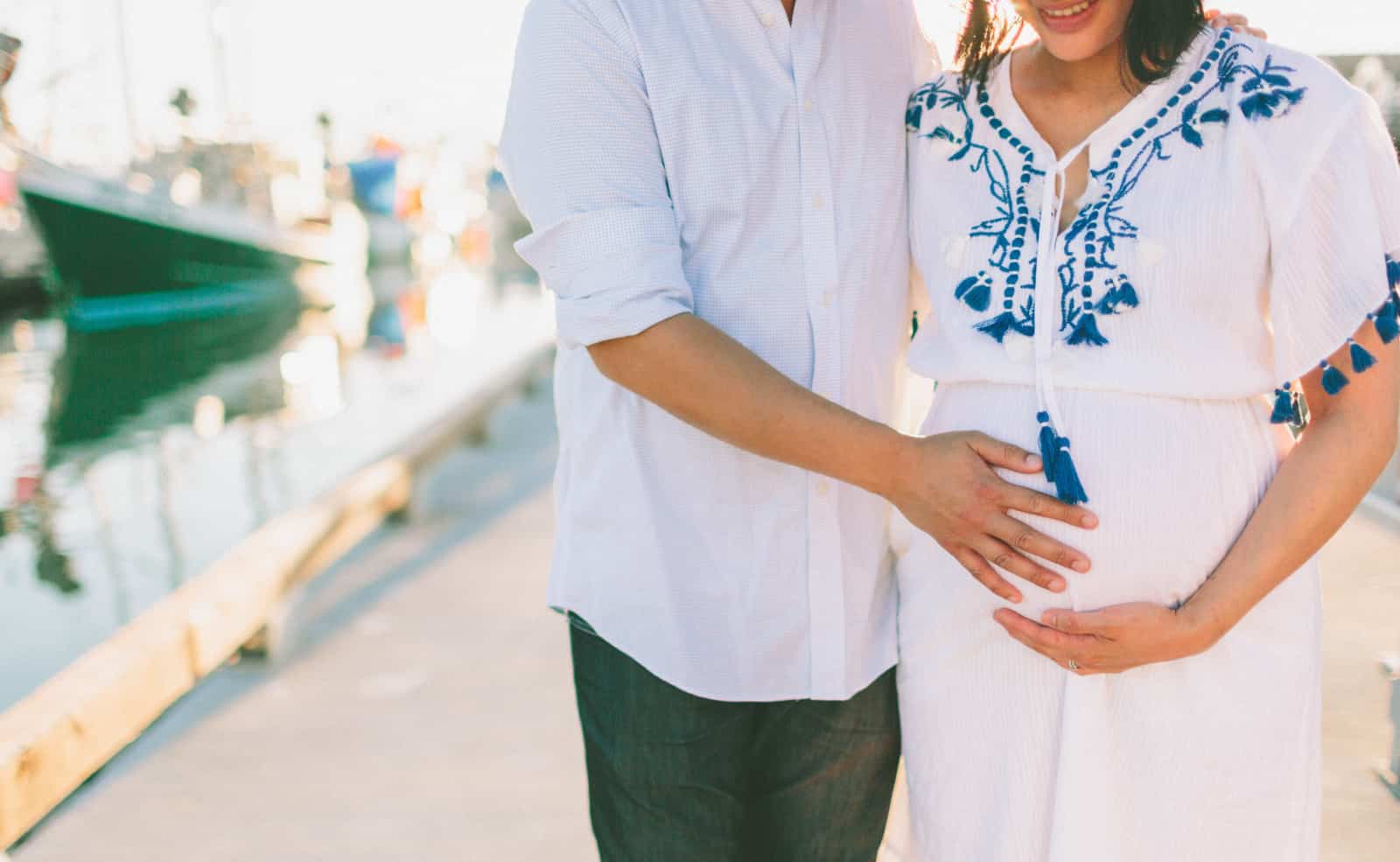
A study released by the American Society for reproductive Medicine (ASRM) has revealed that the antibodies from the Covid-19 vaccination do not

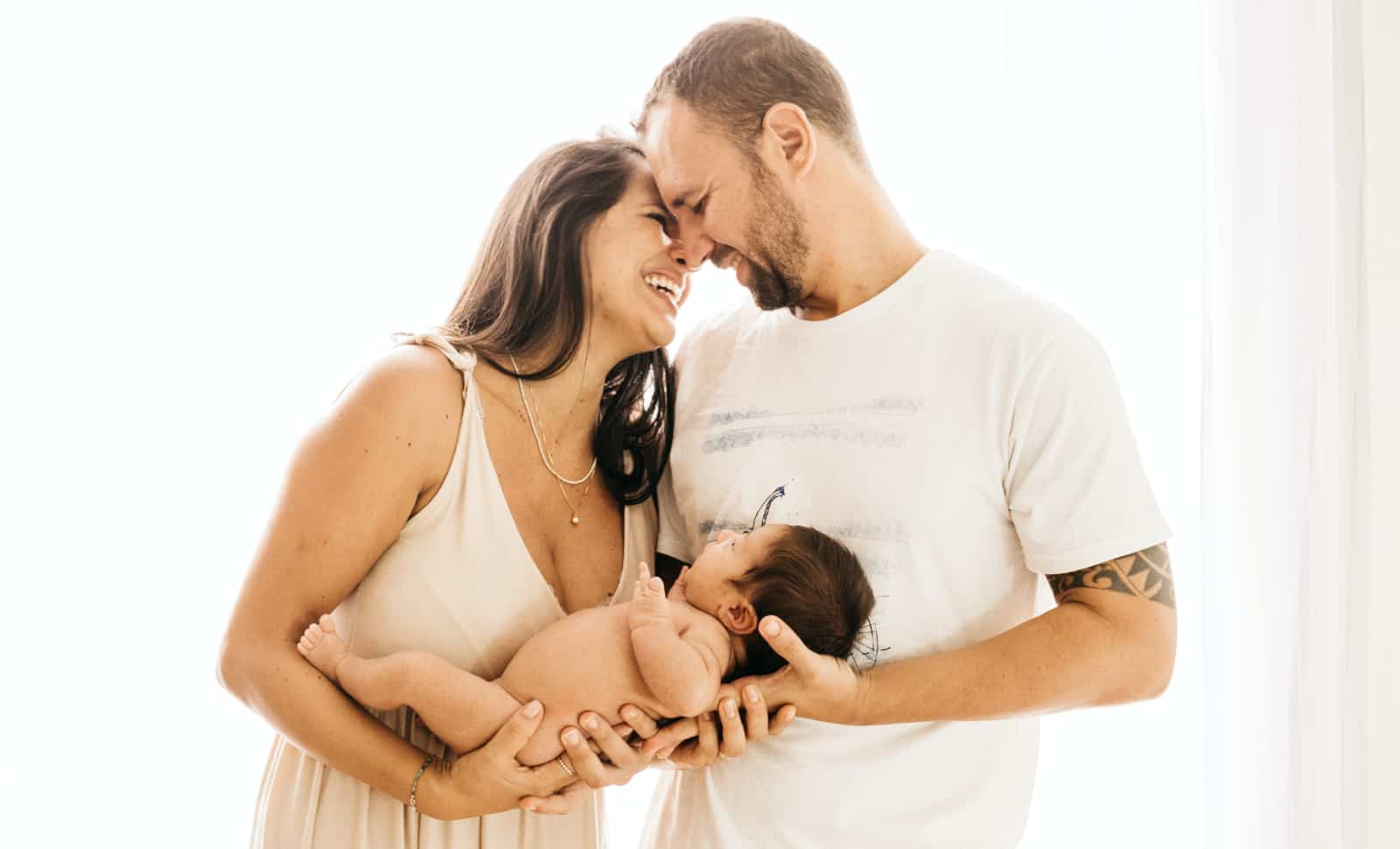
Donor eggs refer to eggs that are obtained from a third-party donor for the purpose of assisted reproduction. Donor eggs are commonly

A study published has some reassuring results for our patients, particularly those with a diminished ovarian reserve.
Every story written here comes from Fertility First's Research Team, a group of scientists that doesn't just talk about the science behind fertility and reproduction, it lives and breathes it. Staffed by the doctors and scientists working behind the scenes at Fertility First, this team of dedicated embryologists, andrologists, and fertility experts collectively has over 40 years experience in the field.
Yes, chronic stress can impact fertility by disrupting hormonal balance and ovulation patterns. Managing stress through relaxation techniques, regular exercise, adequate sleep, and mindfulness practices may help optimise your chances of conception. Consider speaking with a counsellor if stress feels overwhelming.
Sperm health accounts for about 40% of conception challenges. Your partner can improve sperm health by maintaining a healthy weight, avoiding excessive heat exposure (hot tubs, saunas, tight clothing), limiting alcohol, quitting smoking, managing stress, and taking a multivitamin with antioxidants. Sperm takes about 3 months to develop, so lifestyle changes need time to show results.
Your fertile window typically spans 5-6 days, ending on ovulation day. For a regular 28-day cycle, this usually falls between days 10-15, with peak fertility 1-2 days before ovulation. Track your cycle using ovulation predictor kits, basal body temperature, or cervical mucus changes to identify your unique pattern. Having intercourse every 1-2 days during this window optimises your chances.